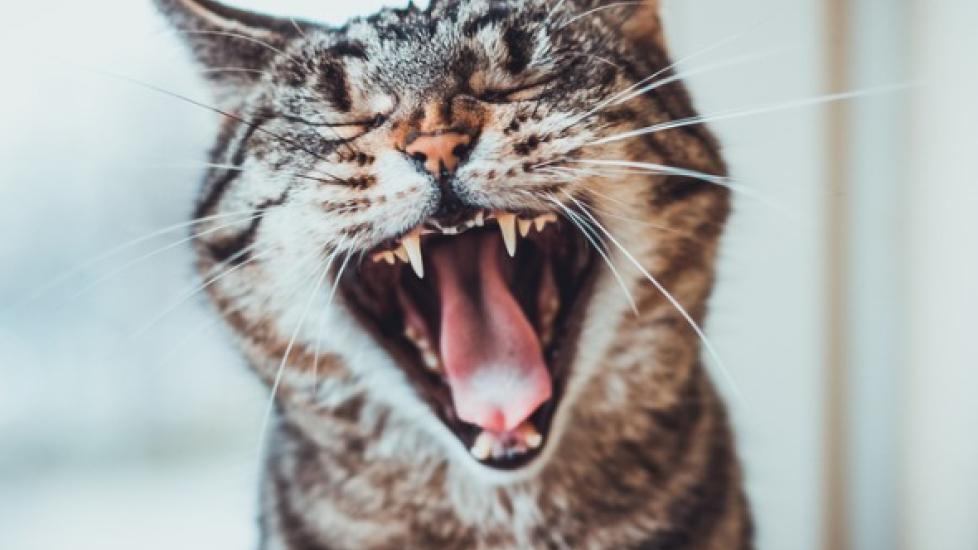 As a pet expert specializing in the field of English writing, it is my pleasure to present you with an article on a topic that many cat owners may find concerning: whether or not it’s normal for cats to lose their teeth. The dental health of our feline friends can be a mystery to us humans, and understanding what’s considered typical behavior can help alleviate any worries we might have about our pets’ well-being. Let’s delve into this fascinating aspect of your cat’s life together.
As a pet expert specializing in the field of English writing, it is my pleasure to present you with an article on a topic that many cat owners may find concerning: whether or not it’s normal for cats to lose their teeth. The dental health of our feline friends can be a mystery to us humans, and understanding what’s considered typical behavior can help alleviate any worries we might have about our pets’ well-being. Let’s delve into this fascinating aspect of your cat’s life together.
Understanding Feline Dental Development
Cats are born without teeth, which initially surprises most new cat parents. However, within two to three weeks after birth, 26 tiny milk teeth start popping out, usually beginning with the incisors. These temporary chompers will serve your kitten well until they reach around six months old, at which point they begin to shed them like leaves in autumn, making way for the stronger, permanent adult teeth. This process, known as “coming down” in veterinary slang, can take several months, often coinciding with other significant changes such as sexual maturity and increased activity levels.
What Is Considered Normal Tooth Shedding?
The transition from baby to big-cat dentition typically occurs between five and seven months, although some kittens may experience delays due to genetics, diet, or overall health issues. During this period, your cat may exhibit signs of discomfort—like excessive chewing or drooling—as the roots of the old teeth loosen and the new ones push through the gums. You might even notice small white objects lying around; these could very well be those recently discarded milk teeth! Providing soft food during this time can help soothe tender mouths while still ensuring proper nutrition.
Signs That Your Cat May Need Veterinary Attention
While losing teeth is generally part of a healthy growth cycle, there are instances where tooth loss may signal underlying problems. If your cat seems persistently distressed by oral pain, has difficulty eating hard foods long after shedding should have ceased, or if multiple teeth are lost simultaneously outside the normative window, then consulting with a veterinarian is crucial. Conditions like gum disease, malnutrition, or certain medications could cause abnormal tooth loss, and early intervention can make all the difference in maintaining your pet’s quality of life.
Tips for Maintaining Good Oral Health
Regardless of whether your cat is currently undergoing teething or has fully matured, good oral hygiene practices are essential for preventing future complications. Brushing your cat’s teeth regularly (with special pet toothpaste) can significantly reduce tartar buildup and associated bad breath. Additionally, consider incorporating dental chews designed specifically for cats into their daily routine; these toys can aid in scraping away plaque naturally as kitty plays. Regular check-ups with the vet include professional cleanings, allowing for early detection of any developing issues before they escalate.
In conclusion, while it is perfectly natural for cats to lose their primary teeth as they grow older, it’s important to monitor the process closely. By staying informed about what constitutes normal development versus potential health concerns and implementing regular dental care routines, you can ensure that your furry companion enjoys a lifetime filled with purrs, playful bites, and pearly whites.
